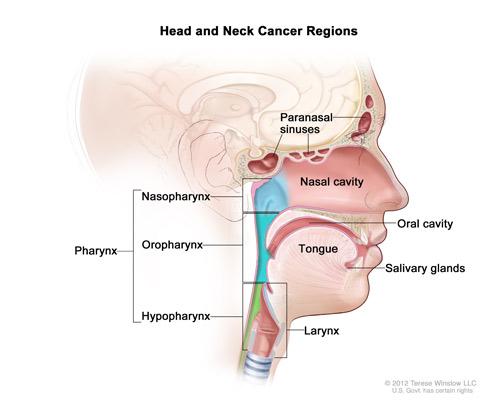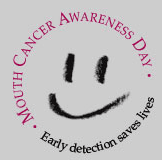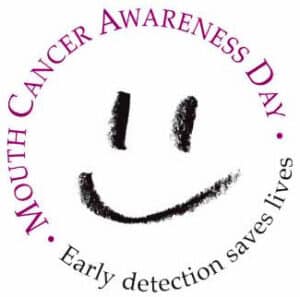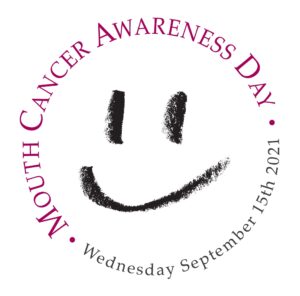Mouth, head and neck cancer is a term used to describe different types of cancer that can develop in any tissue or organ in the mouth, head or neck. These types of cancer can affect your lips, gums, cheeks, tongue, palate, tonsil, throat, salivary glands, sinuses, nose and voice box (larynx). There are more than 700 cases reported in Ireland every year and more than 400 of these cancers effect the mouth (oral cavity and pharynx).

Without seeing the symptoms, it’s easy to assume everything is OK with your dental health. Mouth cancer can be relatively easy to remove if caught early, which is why regular checkups with our dental clinic are recommended, especially if you are older, have had cancers before, or if you smoke regularly.
What increases my risk of mouth, head and neck cancers?
- Smoking tobacco – cigarettes, roll-ups, cigars, pipes or cannabis.
- Excessive alcohol consumption.
- Using both tobacco and alcohol together – this greatly increases your risk.
- Excessive exposure to sunlight or radiation (for lip cancer).
- Chewing tobacco, betelguid, gutkha and paan.
- A diet lacking in fruit and vegetables.
- Viral infections, e.g., human papillomavirus (HPV). HPV can be spread through oral sex.
How can I reduce my risk of mouth, head and neck cancers?
- Don’t Smoke – This is by far the most important step you can take to reduce your risk of these cancers.
- Reduce your alcohol consumption
- Protect your skin – Use sunscreen with SPH 30 or higher and make sure to use the correct type of barrier cream on your lips.
- Regular dentist appointments – Dentists have a key role to play in the early detection of mouth cancer and in the prevention of the disease by identifying those patients who are exposed to risk factors. Make regular check-up appointments even if you wear dentures. This is especially important if you smoke and drink alcohol.
- Watch for changes – When brushing your teeth, look out for any changes in your mouth or neck. Early warning signs include ulcers that do not heal within three weeks, red or white patches in the mouth, or other unusual changes in the mouth or neck. Talk to your doctor or dentist if you notice anything unusual.
Early detection of mouth, head and neck cancer greatly improves the chances of survival.
 Mouth Cancer Awareness Day is September 18th 2019 and is dedicated to raising awareness of head, neck and mouth cancer in Ireland. If you are worried or have questions about mouth, head and neck cancers or any cancers you can find more information at:
Mouth Cancer Awareness Day is September 18th 2019 and is dedicated to raising awareness of head, neck and mouth cancer in Ireland. If you are worried or have questions about mouth, head and neck cancers or any cancers you can find more information at:
Irish Cancer Society – www.cancer.ie
Mouth Cancer Awareness – www.mouthcancerawareness.ie
Health Service Executive – www.hse.ie


